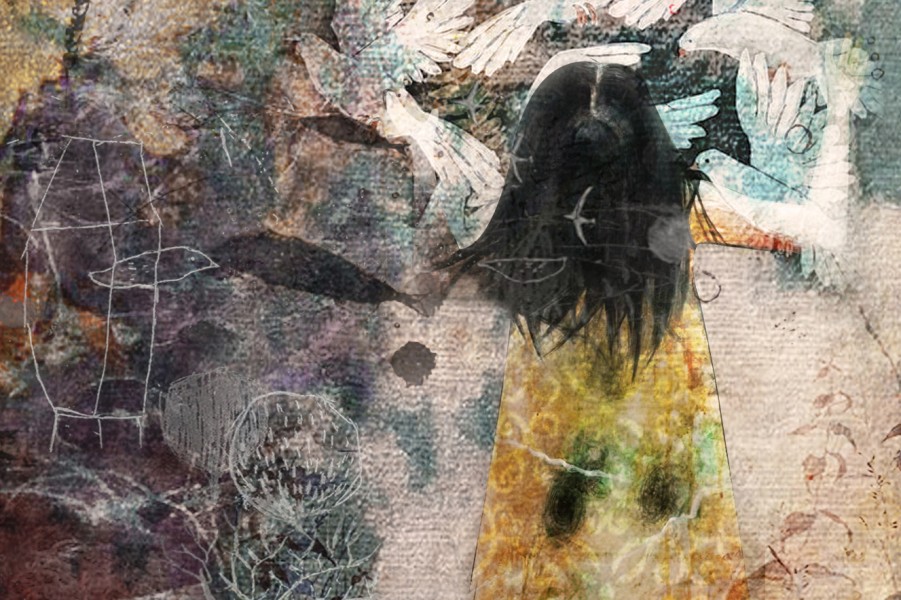New York, September 19, 2024—The field of transitional justice increasingly recognizes the relevance of mental health and psychosocial support (MHPSS) in contexts of massive human rights violations. Despite growing advocacy and awareness at the global policy level, however, the field lacks a systematic approach to the issue. Today, ICTJ is releasing a new report that contributes to such an approach.
Entitled “The Search for People’s Well-Being’: Mainstreaming a Psychosocial Approach to Transitional Justice,” the study offers guidance on applying a MHPSS lens to analyze contexts, assess needs, and design and implement transitional justice programming.
“Transitional justice work has long been guided by the principle of ‘do no harm,’” says Virginie Ladisch, ICTJ senior expert and lead author of the report. “Now we want to push that further to be more intentional in advancing the well-being of individuals, communities, and societies impacted by violence and repression.”
Psychosocial harms that result from human rights violations have a devastating impact not only on individual victims but also their communities and social relations more broadly. At the individual level, these harms can include intense feelings of fear, distrust, isolation, and loss of control. At the societal level, they can include polarization, intercommunal distrust and violence, and reduced collective action and engagement.
Interventions seeking to address psychosocial harm after periods of conflict or repression must respond to the needs of victims as well as address the root causes of these violations and the systems that allowed them to occur. Accordingly, they should analyze the structures that led to the abuses with a view to preventing violence from recurring and fostering an equal and inclusive society.
For their part, formal transitional justice processes—including truth-seeking initiatives, criminal accountability mechanisms, and reparations programs—should incorporate a MHPSS approach. This requires considering the full impact of harms on individuals, communities, and broader social systems, and developing context-specific responses that address those diverse psychosocial needs across interventions.
“Another crucial, and often overlooked aspect of mainstreaming a psychosocial approach in transitional justice work is the need to take care of the caretakers,” notes Ladisch. “If staff are not supported, emotional strain can jeopardize a person’s own well-being, the well-being of those they work with, and the effectiveness of the overall work.”
“A psychosocial lens must be a foundational part of our framework of analysis,” says ICTJ Executive Director Fernando Travesí, taking it a step further. “Similar to how we mainstreamed gender sensitivity throughout all aspects of our work, the transitional justice field should adopt a cross-cutting approach to MHPSS.”
_______________
PHOTO: “Flight,” a painting by Tunisian artist Sabra Ben Fradj, explores the child’s imaginary world and its boundless creative possibilities. The painting was part of ICTJ’s 2022 Wide Awake Art Contest, which showcased works by artists in Lebanon and Tunisia who are seeking to document the stories of their communities in times marked by instability, resistance, and change. (ICTJ)
